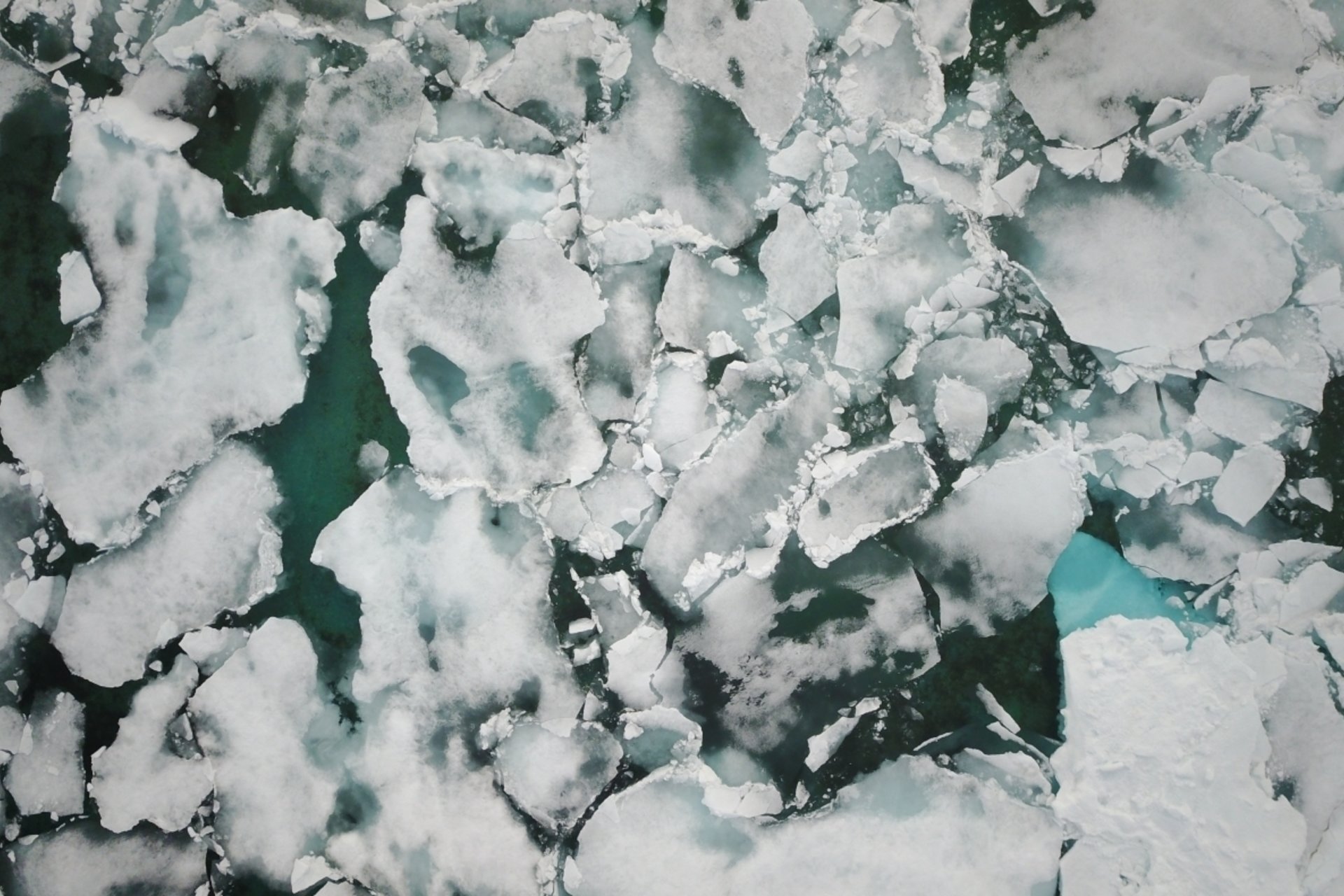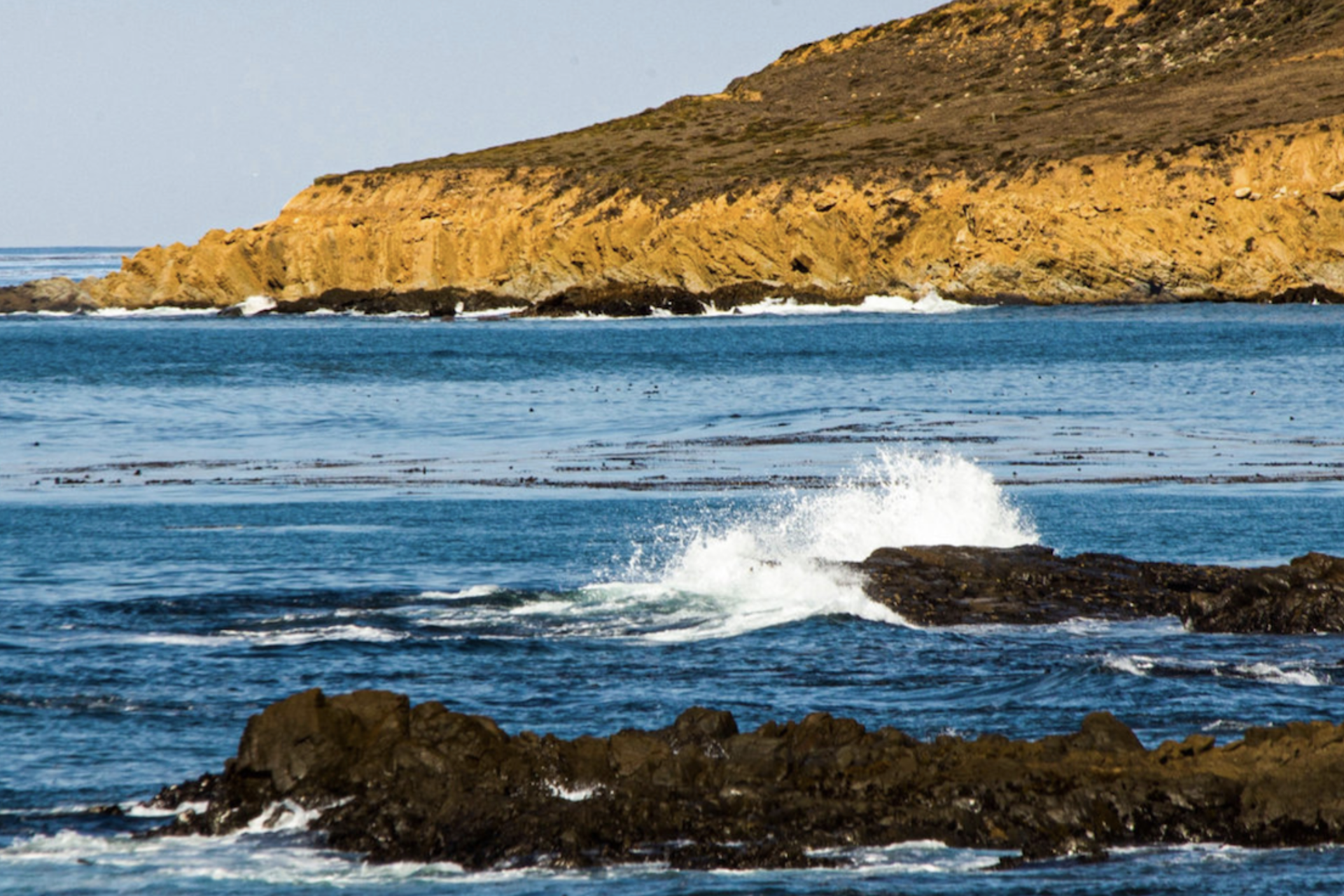Stanford postdoc wins a Science and SciLifeLab prize for young scientists
Birds that eat plastic may be doing so in part because it smells like food to them. MATTHEW SAVOCA, a postdoctoral fellow in biology at Stanford, explains the science behind this statement in an essay that won this year’s Science and SciLifeLab Prize for Young Scientists in the ecology and environment category.

Birds that eat plastic may be doing so in part because it smells like food to them. Matthew Savoca, a postdoctoral fellow in biology at Stanford, explains the science behind this statement in an essay that won this year’s Science and SciLifeLab Prize for Young Scientists in the ecology and environment category.
The prize, which aims to encourage promising early-career scientists, is based on applicants’ doctoral research. Savoca’s essay, published Nov. 22 in Science as part of his win, condenses a 150-page dissertation into less than 1,000 words - a task well-suited for Savoca, who has made a habit of communicating his science to broad audiences.
Explore More
-
The inaugural awards will enable research teams to pursue interdisciplinary ocean and coastal projects that address impacts of environmental change in the Bay Area and beyond.
-
A new research partnership will combine Indigenous and scientific knowledge to monitor marine life in a sacred tribal region that may be a bellwether of how native species will fare in the face of climate change.



